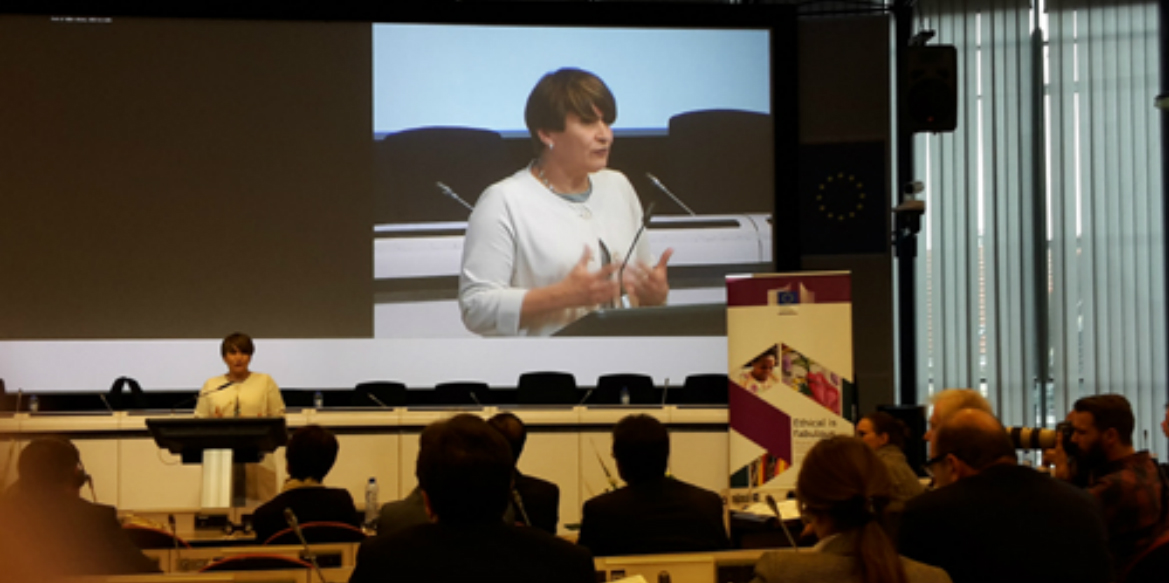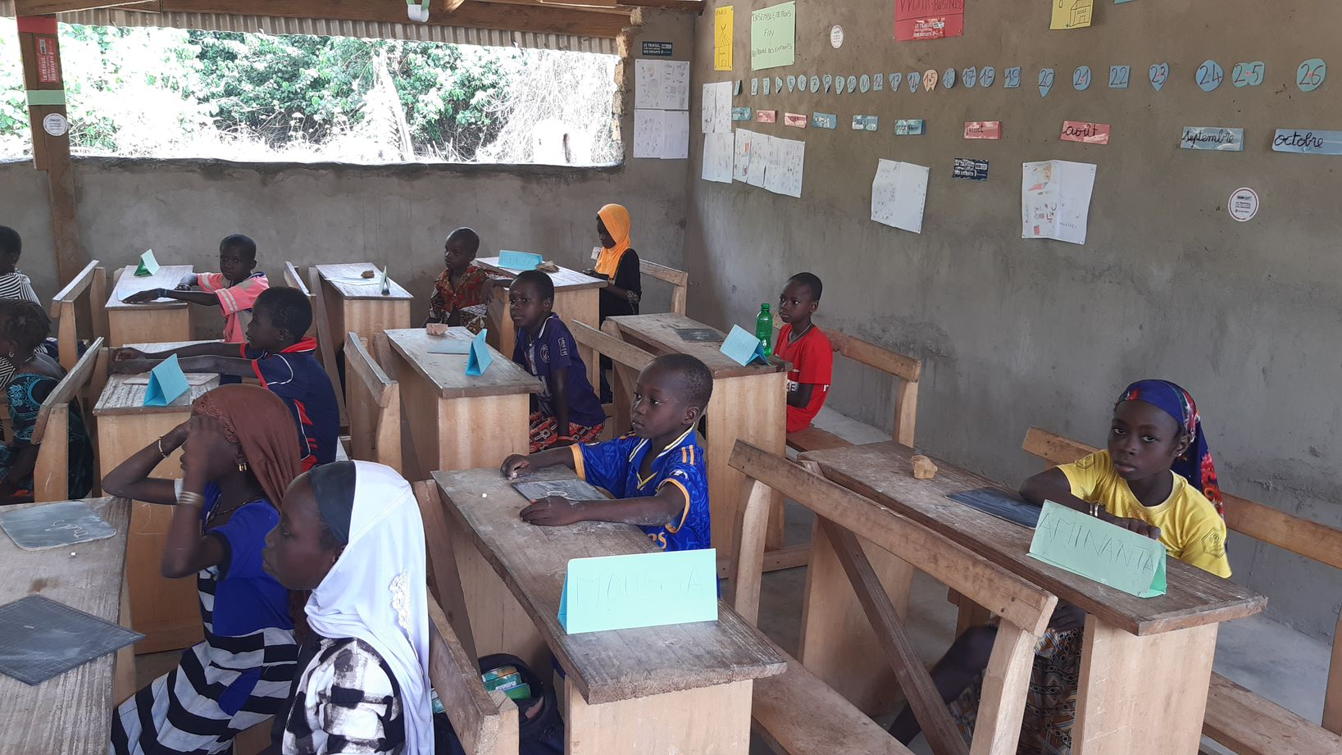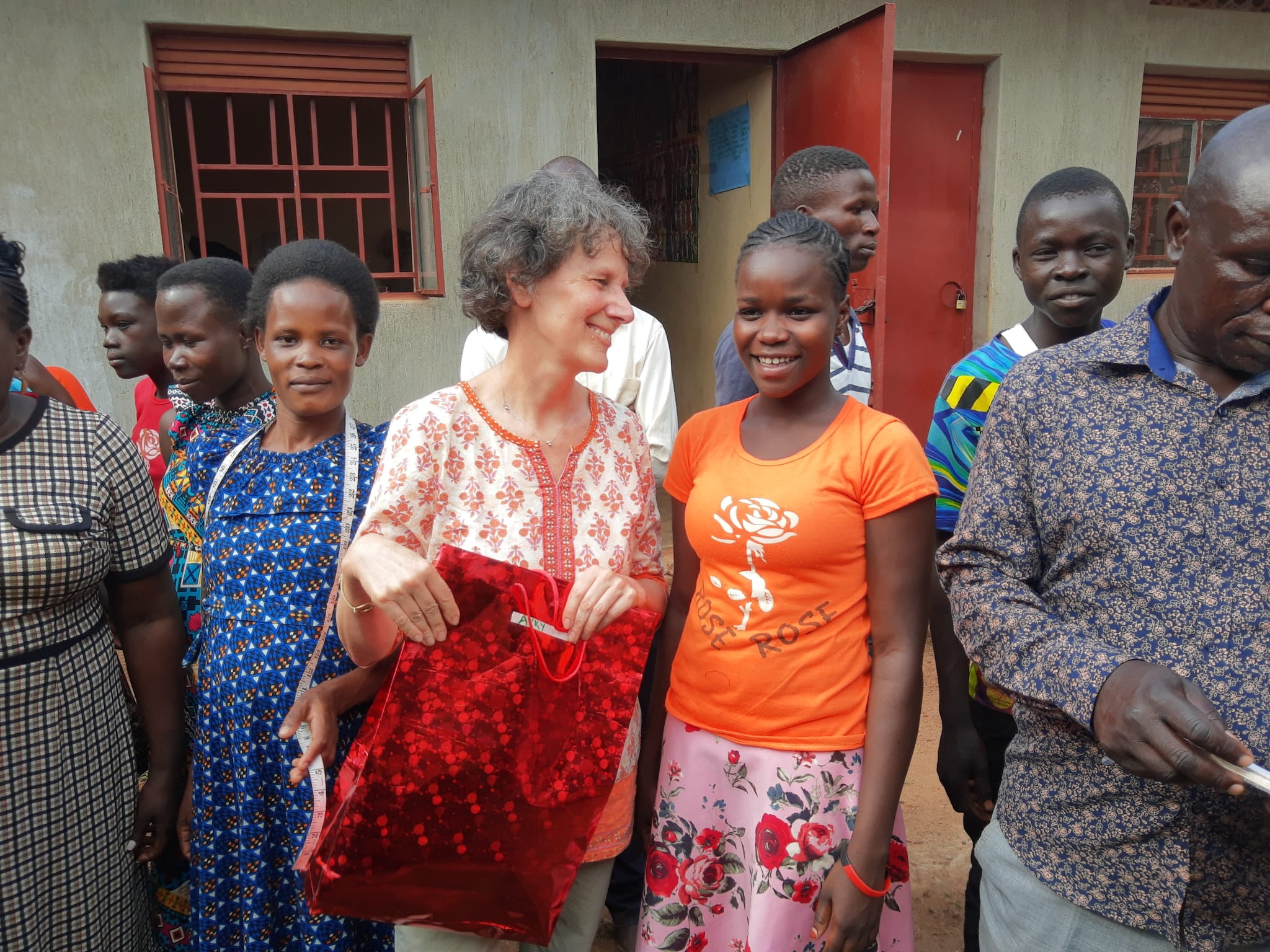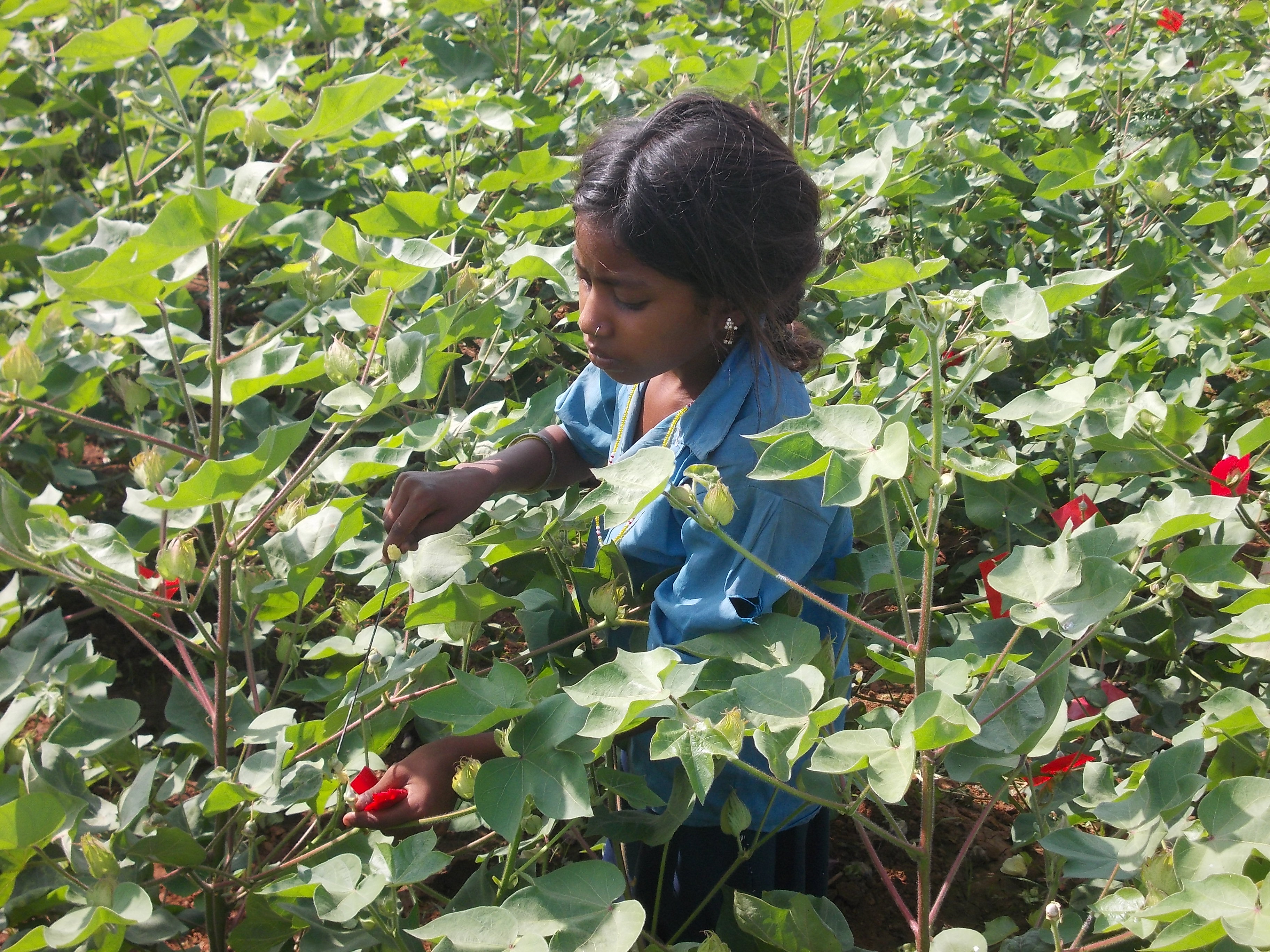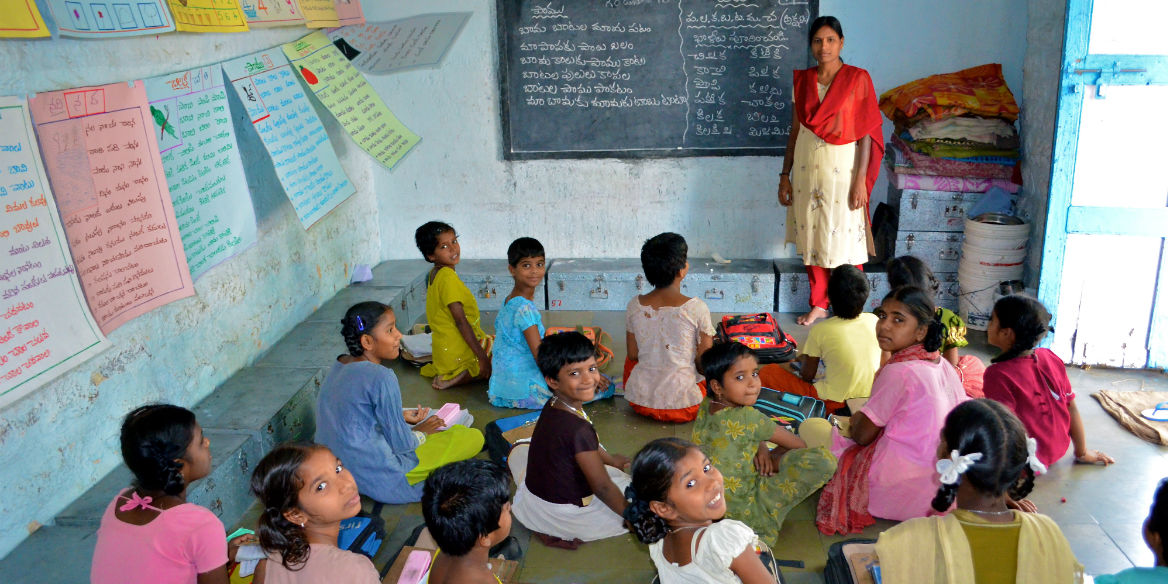“I would prefer to support and facilitate, but I am not afraid to introduce new legislation.” These are the words of Dutch Minister for Foreign Trade & Development Cooperation Lilianne Ploumen. She gave a speech in Brussels on 25 April 2016 at the EU High-level Conference on Responsible Management of the Supply Chain in the Garment Sector. She is referring to the collective and voluntary Covenant for Textile and Clothing. This is a Dutch initiative to improve the entire sector. This Covenant was agreed upon in March 2016 by garment sector organisations, trade unions, the national government and civil society organisations, including Stop Child Labour and the India Committee of the Netherlands (ICN).
But before this covenant really comes into effect, at least 35 clothing companies who serve at least 30% of the Dutch market need to join in from June 2016 onwards. If they don’t manage to reach this target, Minister Ploumen said: “Then the only option we have is to introduce new legislation which will make it compulsory for all brands to carry out due diligence [duty of care in their supply chain]”.
This is a real warning from the Dutch Minister of Trade & Development. She prefers a voluntary agreement between clothing companies and other stakeholders rather than legislation. However, she does expect a large part of the garment sector – at least 50% of the market by the end of this year and 80% by 2020 – to proactively take part in this initiative and act according to international standards.
She also repeated in Brussels that she would like to see a total of ten covenants of this kind this year. The advantage of voluntary agreements like this, is that each and every participant feels responsible and involved. Parties will also hold each other accountable if necessary. Minister Ploumen: “I believe in the power of voluntary multi-stakeholder cooperation” and “after discussing what the issues are and what needs to happen, they will commit themselves to taking collective action.”
Minister Ploumen sees these national initiatives such as the Covenant for Textile and Clothing and a similar German agreement as building blocks for a European-wide approach. The recently launched European Clothing Initiative should facilitate this process.
Minister Ploumen also mentioned in her speech that she believes in the power of markets: “Globalisation can help millions of people to find better jobs. It may even eliminate extreme poverty within one generation.” But there are certain conditions attached.
She explains: “A ‘free’ market that allows workers to be exploited is a slave market” and: “A ‘free’ market in which nobody takes responsibility for the environment is a dumping ground.” This is an indirect reference to the disaster in Bangladesh 3 years ago when 1100 people died. “A ‘free’ market that allows companies to delay safety measures is not a free market. It’s Russian roulette.”
Minister Ploumen summarised her views as follows: “Trickle down is dead. Not letting anybody down means that we need to put a stop to inequality. Markets need to serve communities rather than the other way round and we need to tame them accordingly.”

